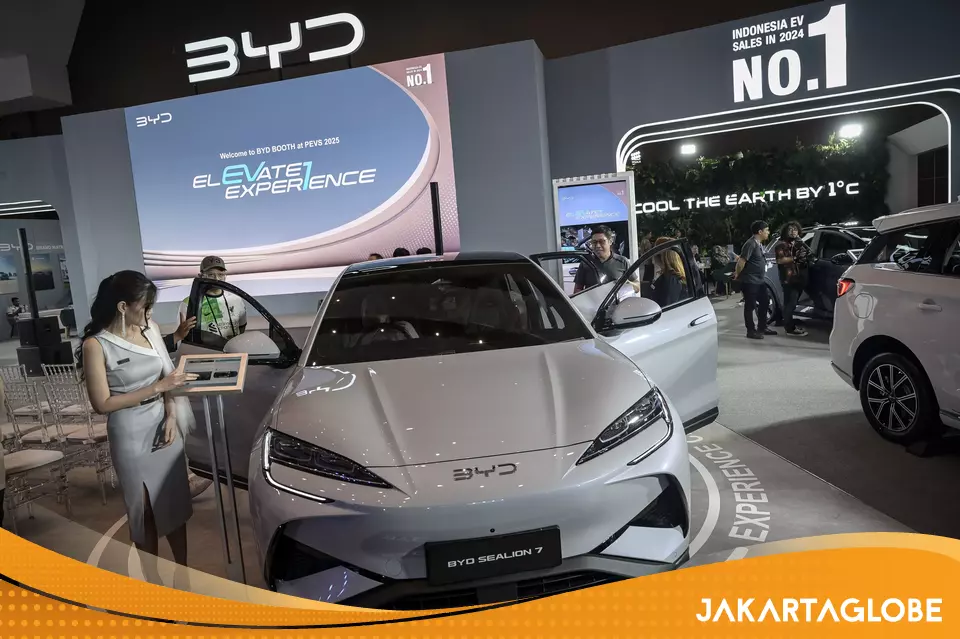Indonesia's strategic pivot towards nickel-based electric vehicle (EV) batteries underscores a critical juncture in the global energy transition. With the country possessing some of the world's largest nickel reserves, the government is exploring tax incentives to stimulate domestic production of nickel batteries, positioning itself as a key player in the EV market. This initiative not only aims to enhance the local economy but also seeks to reduce reliance on lithium, which has dominated the battery landscape. The central challenge lies in balancing environmental concerns with economic growth, as the extraction and processing of nickel can have significant ecological impacts.
The proposed tax incentives could catalyze a shift in the EV battery supply chain, encouraging investment in nickel processing and manufacturing within Indonesia. By fostering a robust domestic industry, the government hopes to attract international partnerships and technology transfers, ultimately enhancing its competitive edge in the global market. This move could also lead to more sustainable practices in battery production, as Indonesia seeks to implement regulations that mitigate environmental damage. The implications are profound: if successful, Indonesia could redefine its role in the EV ecosystem, driving innovation while addressing pressing climate challenges.






